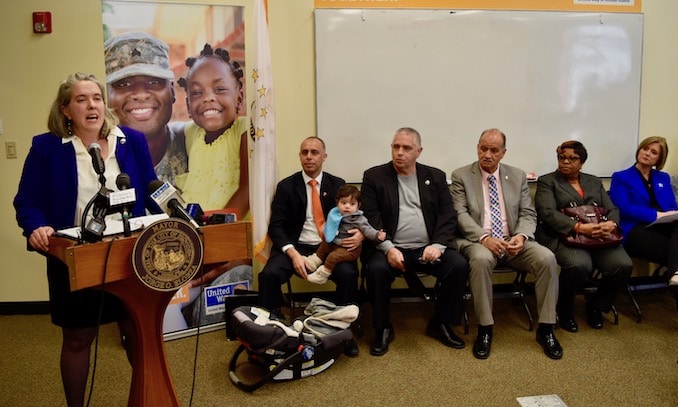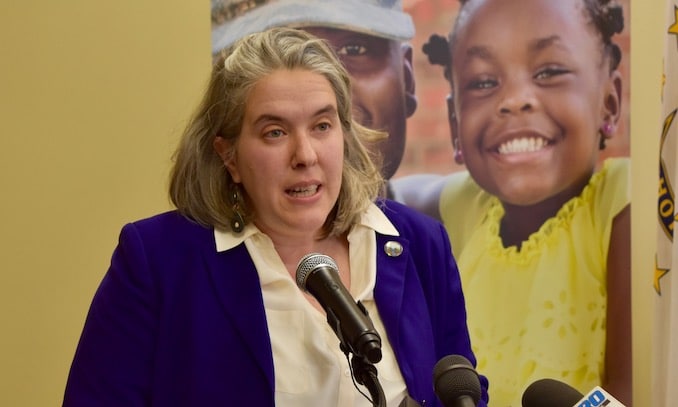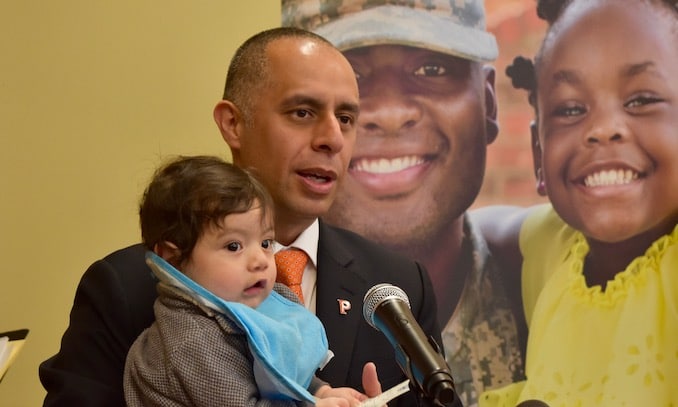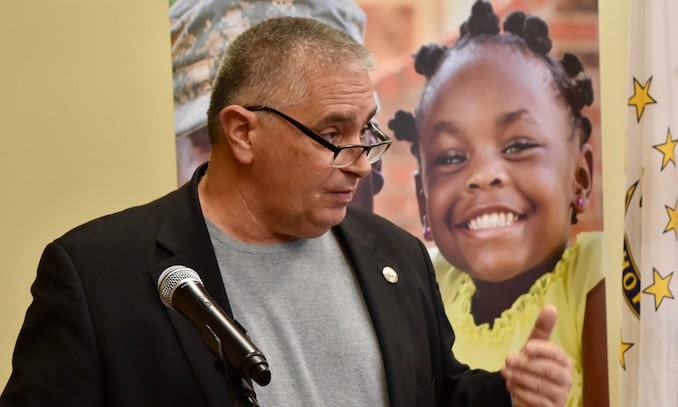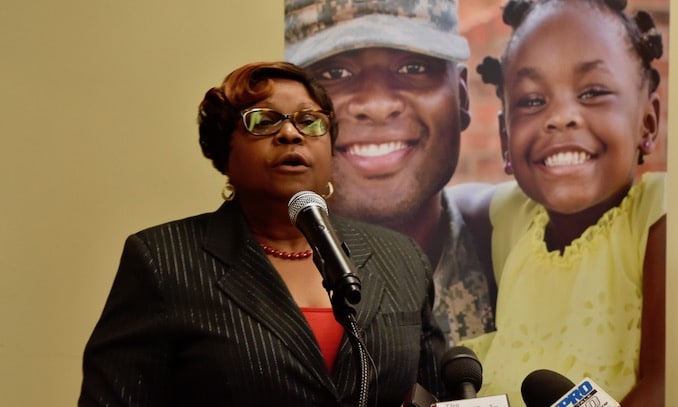Providence City Council and Mayor Elorza propose ordinance to prevent source of income housing discrimination
The ordinance aims to ban housing discrimination faced by prospective renters who rely on a lawful alternative source of income such as a housing voucher, child support, Social Security, Supplemental Security income (SSI), veterans benefits or rental assistance. While the Federal Fair Housing Act prohibits discrimination on the basis of race, color, religion, national origin, familial status, sex and disability,
March 21, 2019, 8:11 am
By Steve Ahlquist
The ordinance aims to ban housing discrimination faced by prospective renters who rely on a lawful alternative source of income such as a housing voucher, child support, Social Security, Supplemental Security income (SSI), veterans benefits or rental assistance.
While the Federal Fair Housing Act prohibits discrimination on the basis of race, color, religion, national origin, familial status, sex and disability, and Rhode Island law offers further protections, landlords may still reject interested renters because of where their income comes from, even if they can afford the listed rent. Those most vulnerable to this type of discrimination include tenants that are disproportionately disabled, low-income, families with children and people of color.
See: New report documents the effects of source of income discrimination in housing
“Our goal is to end discrimination based on income from public assistance and housing vouchers, statewide, by starting right here in our Capital City,” said Providence City City Councilor Rachel Miller (Ward 13), who is introducing the ordinance. “Because, as we often hear, as Providence goes, so does the state. If you have the funds to pay your rent, that should be the end of the discussion. Sadly, for many in our community, it’s not. This ordinance will put an end to the housing discrimination that too many face, and it will provide a pathway to keeping our neighborhoods thriving, and also keep them diverse.
“When it comes to basic human rights like having a roof over our heads, if you can afford it, no matter the source of income, you should be afforded the same opportunity as the next person,” continued Miller.
“No one should be unjustly denied the opportunity to secure a home,” said Providence Mayor Jorge Elorza, carrying his son. “This ordinance is a bold step towards making sure that our most vulnerable are protected. By pushing for greater access to safe, affordable housing, we are making Providence a stronger, more inclusive city.”
“Every day I meet someone who shares a story about housing. Many of these stories are about families, especially single parents, who seem to not find a decent apartment because the landlord won’t accept a voucher,” said Providence City Councilor Michael Correia (Ward 6). “And I think to myself, How in this world of plenty can we allow people to discriminate in such a manner?”
“I’ve been around long enough that I remember as a teenager when they march on the State House for fair housing,” said Senator Harold Metts (Democrat, District 6, Providence). “The discrimination and the fight for civil rights and different things during the fifties and sixties and sadly, we’re still fighting these same battles today.”
“The American dream, what is it? For some it’s that nice house, two children a dog and a white picket fence,” said Representative Anastasia Williams (Democrat, District 9, Providence). “That may be true for some, but for [others that dream might be simply a one, two or three bedroom apartment. Safe, sanitary and affordable.”
“At United Way, we firmly believe that our state will prosper when every community in it prospers. We also believe that strong communities can be built through housing,” said United Way of Rhode Island Executive Director Cortney Nicolato.
“As it stands today, Rhode Island’s Fair Housing Act does not protect residents from source of income discrimination, allowing landlords to reject prospective tenants, even when they can afford the posted rent,” said Providence Human Rights Commission (PRHC) Vice Chair Chace Baptista. “This is of particular interest to the Commission, as Providence is home to the highest number of voucher holding households in the state.”
“Everybody has to have a place to live,” said Malchus Mills, co-director of Direct Action for Rights and Equality (DARE) and DARE’s Tenants and Homeowners Association (THA). “Yet what we see here and across the nation is landlords, for one reason or another, standing in the way of families having decent housing. Once I asked them why and they started giving me all these excuses. To me, that is just out and out racism, because most of the people that have section 8, are minority people of color, even poor white folks….”
Questions and Answers:
Uprise RI is entirely supported by donations and advertising. Every little bit helps:
Become a Patron!



